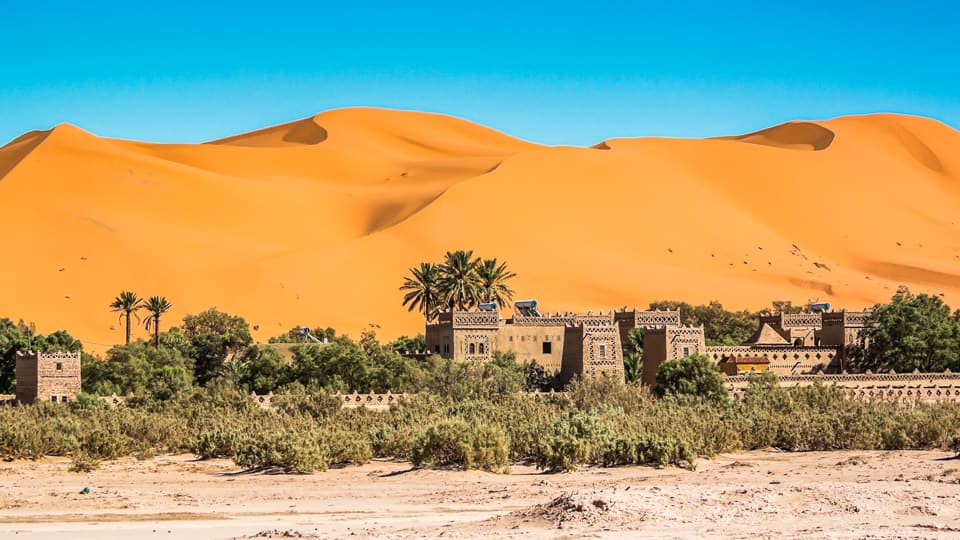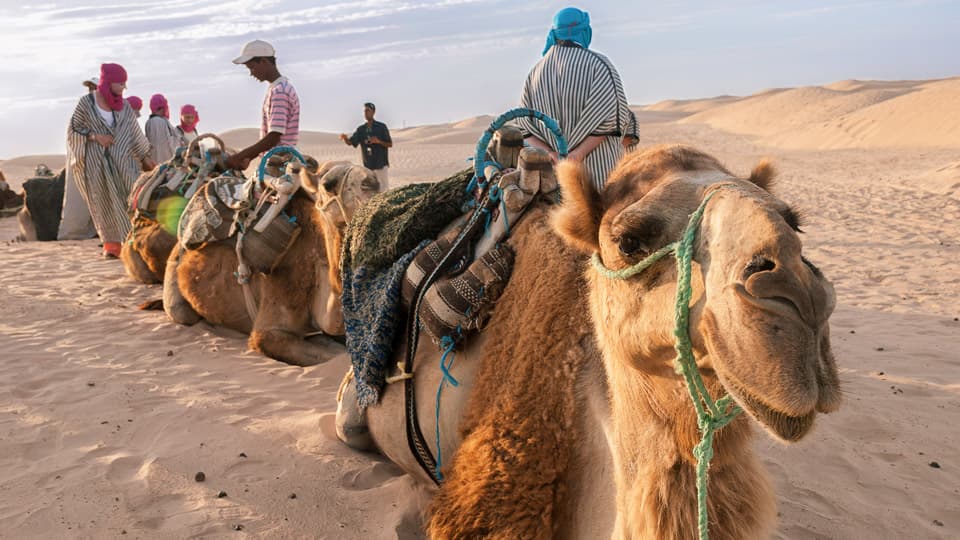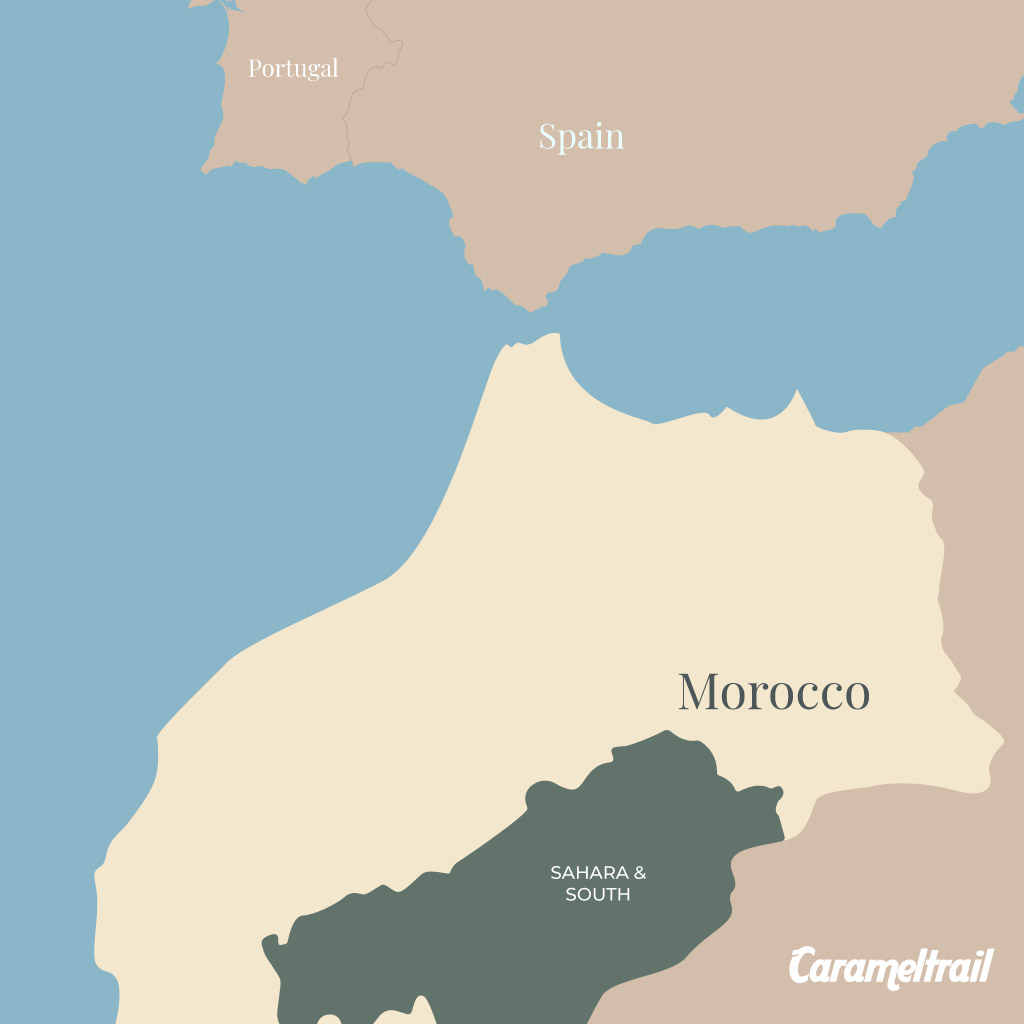
Sahara 4×4 Tour: Timbuktu & Niger River
Are you ready for the journey of your life? Buckle up and get ready to explore the breathtaking Sahara Desert on an exhilarating 4×4 tour. If you yearn for an unforgettable experience that combines the thrill of desert exploration with the rich cultural heritage of ancient civilizations, then a Sahara 4×4 Tour to Timbuktu and the Niger River is the perfect trip for you.
Get up close and personal with the golden dunes, experience the thrill of desert driving, and feel the rich history of Timbuktu.
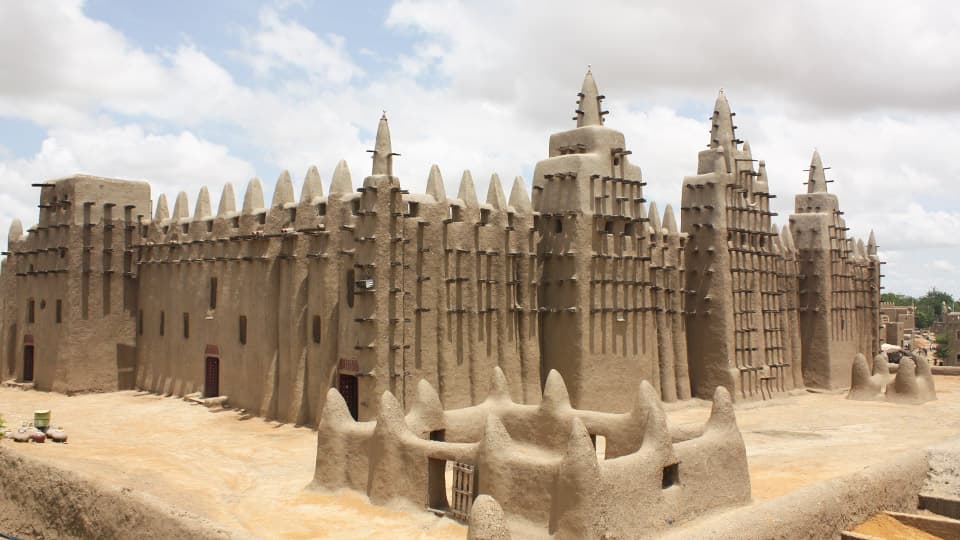
Photo: Great Mosque of Djenné.
The Temperature of The Sahara Desert
Let’s start with the Sahara Desert itself, a place of extremes. The average temperature of the Sahara Desert can be scorching during the day, with averages reaching up to 113 degrees Fahrenheit (45 degrees Celsius).
The sun casts its blazing rays upon the golden dunes, creating a mesmerizing spectacle of heat and light. But fear not, as our experienced guides will ensure your comfort and safety throughout the tour, providing ample shade and cool drinks to keep you refreshed.
As the night falls, the Sahara Desert undergoes a magical transformation. The temperature drops significantly, offering relief from the daytime heat. You’ll witness the spectacle of a Sahara sky full of stars, with constellations painting the heavens above.
Imagine gazing up at the celestial masterpiece as you reflect on the day’s adventures
What Is Under the Sahara Desert
But what lies beneath the seemingly endless dunes and rocky terrain of the Sahara Desert? The desert floor holds a wealth of geological treasures, including ancient fossils, rock formations, and even remnants of prehistoric rivers. Beneath the surface, layers of sedimentary rock reveal the Sahara’s past as a fertile land that was once home to a vast system of lakes and rivers. Some rumors say that it was once an ocean.
The transformation of the Sahara Desert from fertile land to the barren desert we see today occurred gradually over thousands of years. Scientific research suggests that the process began around 7 million years ago.
Let´s see some of the key components that are underneath the Sahara Desert:
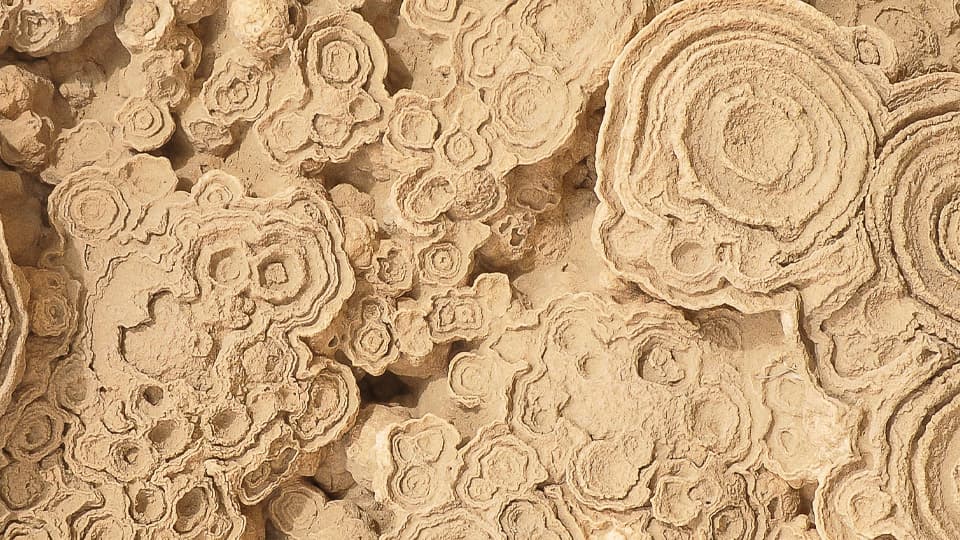
It’s interesting that the geological composition and features can vary across different regions and depths. Extensive scientific exploration and research have contributed to our understanding of the area, but there may still be discoveries to be made.
THE SAHARA DESERT ANIMALS
Despite the extreme conditions, several animal species have adapted to survive in this arid region.
Here are some animals found in the Sahara Desert:

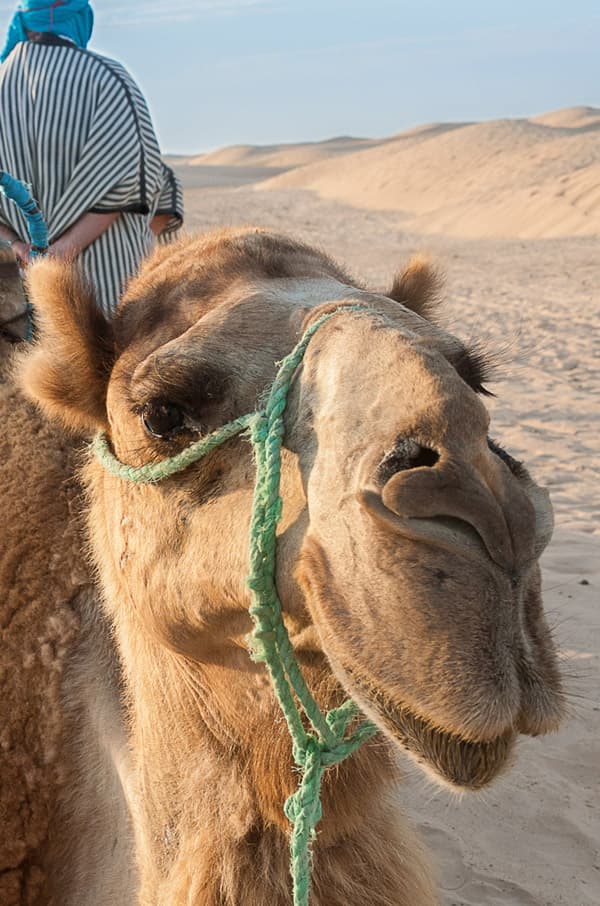
Each of them has unique physiological and behavioral adaptations to cope with the scarcity of water, high temperatures, and limited resources found in this arid region.
Keep an eye out for the elusive desert fox. This magnificent creature is a true master of adaptation, perfectly suited to its desert habitat. With its sleek physique and keen senses, the desert fox is a symbol of resilience and survival in the harshest of environments.
If you’re lucky, you might catch a glimpse of the desert fox during your journey
How many people live in the Sahara Desert?
The population of the Sahara Desert can vary significantly depending on how the desert’s boundaries are defined. The desert encompasses parts of several African countries, including Algeria, Chad, Egypt, Libya, Mali, Mauritania, Morocco, Niger, Sudan, and Tunisia. These countries have varying degrees of population density.
The majority of these inhabitants are concentrated in oases and other areas with access to water sources and that most of the Sahara’s vast expanse remains uninhabited.
The Sahara Desert is estimated to have a population of around 4 million people
TAKE THE SAHARA 4X4 TOUR
When it comes to conquering the challenging terrain of the Sahara, the 4×4 is your trusty companion. These rugged vehicles are designed to handle the desert’s unforgiving conditions, making them the best choice for your Sahara tour.
Our 4×4 vehicles, specially equipped for desert driving, will ensure your comfort and safety as we cross the Sahara’s vastness. Our skilled guides, very familiar with the terrain, will lead you through this challenging landscape, ensuring that every moment of your adventure is both exhilarating and secure.
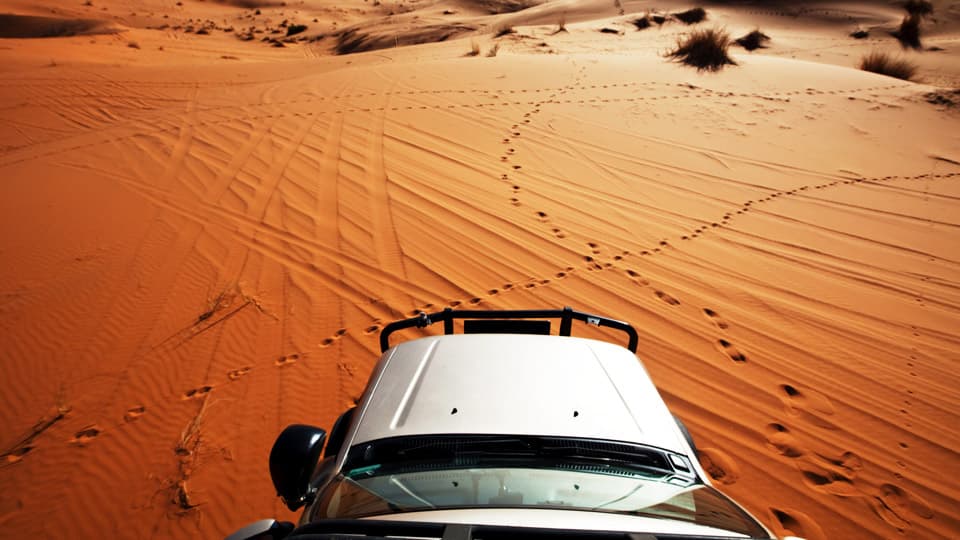
SUNSET IN THE DESERT AND THE BERBER VILLAGES
As you traverse the Sahara Desert on a 4×4 tour, you’ll explore the vibrant and culturally rich Berber villages scattered throughout the landscape. These traditional communities, with their unique architecture and way of life, provide a glimpse into the rich cultural heritage of the region. Interacting with the welcoming locals, sampling their traditional cuisine, and learning about their customs and traditions will enrich your journey through the desert.
And what better way to end a day in the Sahara than to witness a breathtaking sunset in the desert? As the sun descends, you’ll be captivated by the beauty and tranquility of this ancient landscape.

Picture the silhouettes of camels against the backdrop of an orange sky, creating a scene straight out of an Arabian Nights tale
TIMBUKTU: DISCOVER THE ANCIENT CITY OF KNOWLEDGE AND ADVENTURE
Our expedition will lead us to the legendary city of Timbuktu. So, where is Timbuktu located? You’ll find it in Mali, a land of vibrant cultures and fascinating traditions.
You might wonder: is it safe to visit Timbuktu? While the region has faced challenges, efforts are made to ensure the safety of visitors. Choosing reputable tour operators – like Carameltrail – who prioritize security and have local knowledge will make your trip safer and enrich your experience in Timbuktu.
But why is Timbuktu famous?
Timbuktu is known for its ancient manuscripts, which reveal a treasure of knowledge from centuries past. These manuscripts, written in various languages, shed light on diverse subjects such as astronomy, medicine, and mathematics.
The lost libraries of Timbuktu left an indelible mark on the history of scholarship and intellectual curiosity. The city’s fame is deeply rooted in its history as a center of trade, scholarship, and Islamic learning.
Tombuctú holds a rich historical legacy
10 FACTS ABOUT TIMBUKTU
Here are some fascinating facts about Timbuktu:
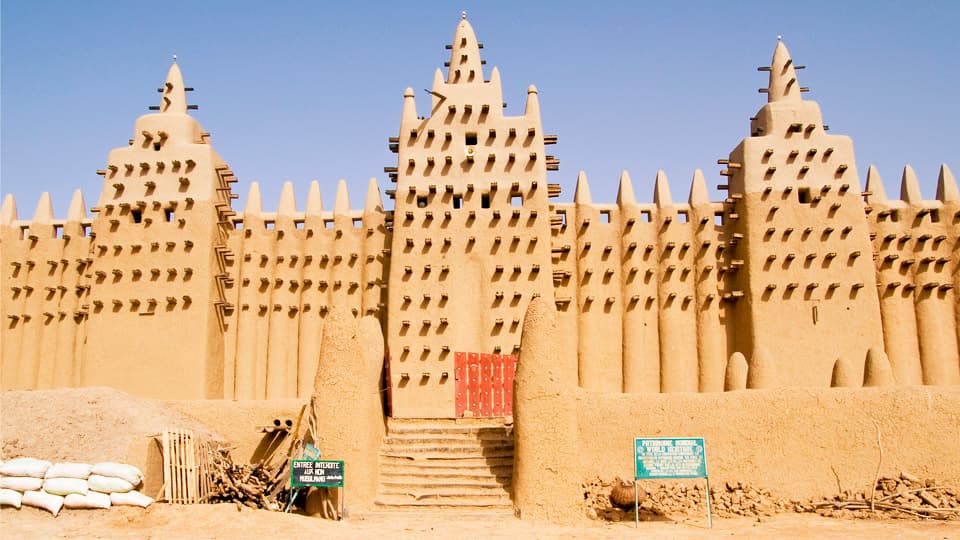
Journey Along the Mighty Niger River: Life and Mystery
The Niger river flows through Timbuktu spanning a length of approximately 2,600 miles. Its waters support a diverse ecosystem, including fascinating wildlife such as crocodiles and a plethora of other animals.
As we navigate the Niger river, the sound of lapping water and the cool breeze provide a welcome respite from the desert heat. The river’s delta, where it meets the Atlantic Ocean, is a sight to behold: a unique blend of freshwater and saltwater merging together in a harmonious dance of nature.
Exploring the Niger River will make you witness its power and importance firsthand
How Deep Is the River Niger?
The depth of the river Niger can vary along its course, but on average, it is about 20 to 50 feet (6 to 15 meters) deep. However, there are areas where the river can reach depths of up to 200 feet (60 meters). These measurements are approximate and can vary depending on factors such as location, season, and water flow.
JOIN OUR 4X4 EXPEDITION
Are you willing to embark on a journey of a lifetime? Join us on a Sahara 4×4 Tour, where you’ll traverse the majestic desert, discover the secrets of Timbuktu, and witness the beauty of the Niger River. Unforgettable moments and breathtaking landscapes await you.
So, pack your sense of adventure, embrace the unknown, and prepare to be mesmerized as you venture into the heart of the Sahara Desert. Let´s go!



